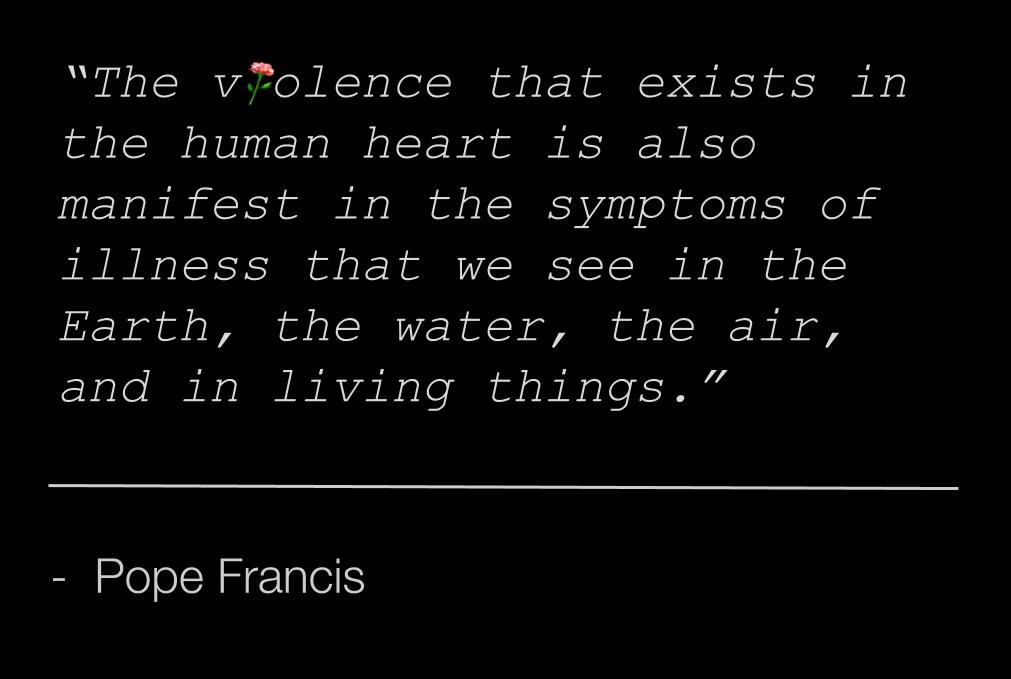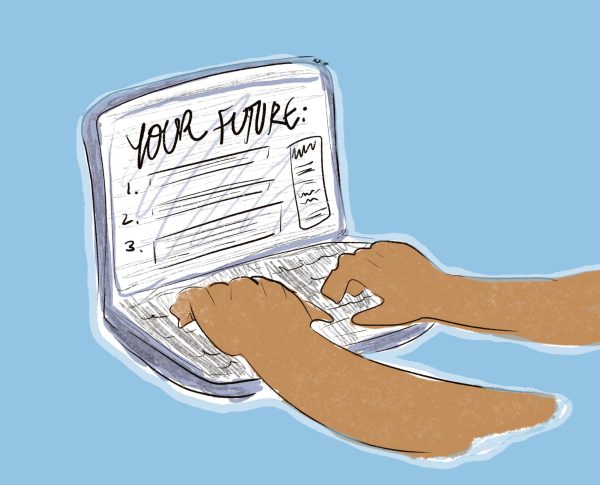The American Climate Change Debate
University of Michigan professor Andrew Hoffman discusses the social psychology behind the climate change debate.
Ninety-seven percent of scientific papers published on climate change and upwards of 200 scientific agencies including the National Academy of Sciences, the National Science Foundation, and the American Association for the Advancement of Science are in consensus that climate change is real and predominantly human-caused. But to advance policy initiatives, the climate change debate must shift from just a scientific consensus to a social consensus.
Recent data published by researchers at the Yale Program on Climate Change Communication uses opinion maps of 17 different questions to delineate American beliefs and opinions towards climate change topics. The questions are divided into four categories: beliefs, risk perceptions, policy support, and behaviors.
The data shows that 71 percent of Americans somewhat or strongly trust climate scientists about global warming. However, only 49 percent of Americans believe that most climate scientists think global warming is happening. If there is an overwhelming scientific consensus that climate change is an imminent threat caused by human activity, how can so many Americans trust climate scientists while oblivious to scientific findings?
Andrew Hoffman is the Holcim Professor of Sustainable Enterprise at the University of Michigan Ross School of Business and School of Natural Resources and Environment, and serves as the Education Director of Graham Sustainability Institute. His research focuses on how businesses adhere to implications of climate change.
Hoffman published his book How Culture Shapes The Climate Change Debate in 2015. The book, just 110 pages long, is a part of a series called “Stanford Briefs” published by the Stanford University Press. Hoffman’s book sets out to explain why, with such overwhelming evidence that climate change is a pressing issue, we are so polarized in our views about climate change.
“I think that academics need to do more in terms of making their work accessible to the general public,” Hoffman said. “We should do rigorous work, but there are no incentives for bringing all of the work together and saying ‘what does it tell us?’” Hoffman begins the book discussing his fear of over-specialization among academic work.
“The more something becomes cemented the harder it is to undo,” Hoffman said. “Once someone takes a really hard stance, you’ve got a problem because it’s very hard for them to shift.” Hoffman suggests that someone’s stance on climate change is usually a result of their deeper-rooted moral values—or “tribal” values, as Hoffman uses in his book—that that person holds.
“If you listen to NPR or if you listen to Fox News you get a different diet,” Hoffman said. “People are able to see events and issues in completely different ways.” For example, if someone typically gets their information from notoriously liberal news sources and politicians like Bill Mahr or Al Gore, they will likely develop a biased view towards new issues that they encounter; they will develop a partisan lense. In other words, our environments corrupt our ability to analyze issues objectively.
“Others are members of multiple tribes,” Hoffman said. “People can say the scientific review process is corrupt and I’m going to trust Rush Limbaugh on this one. But if they get [ill], they’re going to turn to the National Institute of Health and to a doctor; they’re not going to go to Rush Limbaugh.”
Al Gore is a prime example of our cultural lenses in action and is referred to often in Hoffman’s book. Gore’s 2006 documentary, An Inconvenient Truth, follows Gore’s campaign to further educate the country about climate change. Directed by Davis Guggenheim, the film grossed $24 million at the US box office and won two Academy Awards.
“An Inconvenient Truth really did present the issue in an accessible form in a medium that was engaging and it made people aware of it,” Hoffman said. “The climate change issue, in their eyes, got tied to him. Anyone who steps in the debate gets attacked; he just became a really convenient lightning rod for those who oppose the science.”
The just-world hypothesis is the idea in psychology that people rationalize the level of danger and lack of justice in the world around us. Hoffman uses the just-world theory in How Culture Shapes the Climate Change Debate as another reason for why people reject the consequences of climate change.
“You think that the world you see today is the world you’re going to see tomorrow,” Hoffman said. “When people put forward these doomsday scenarios—The Day after Tomorrow shows Manhattan underwater and glaciers floating down Madison Avenue—people just roll their eyes and that it’s nonsense. It’s very hard for us to conceptualize that because we actually think the world is a nice place.”
Serious policy initiative would require EPA taxes or limitations on greenhouse gasses.
“It calls for a carbon price which is a pretty intrusive government policy that would harm some and help others,” Hoffman said. “Some people see that as the government tampering in the market; choosing the winners and losers.”
The Tragedy of Commons is a famous paper written by Garrett Hardin—a 20th-century American philosopher and ecologist—that addresses the overpopulation crisis. Hardin suggests that, to solve the tragedy of commons, society must undergo a fundamental change in morality. Hoffman believes that a similar cultural shift is necessary for climate change to go from a scientific consensus to a social consensus.
“I think at the root of it this is a cultural question which inherently becomes a moral question,” Hoffman said. “It’s whether the morals lead the change or the change leads the morals. If we developed tomorrow a source of energy that emitted no CO2 and is extremely cheap, people would believe in climate change in a second because it wouldn’t change anything.”
The threshold for an economic shift in the energy industry occurring is the economic efficiency of fossil fuels. Once alternative energy sources achieve the economic efficiency of fossil fuels, it becomes a logical economic decision to invest in alternative energy as opposed to fossil fuels. Of course, people already invested in the fossil fuel industry will oppose change regardless.
According to the Yale Program of Climate Change Communication research, only 33 percent of American adults say they discuss global warming at least occasionally. Constructive conversation is indispensable to advance the social acceptance of climate change, yet the research suggests that we are hardly discussing the issue at all. Hoffman suggests that people fundamentally reject constructive conversation methods when a conversation presents itself because climate change has become an emotional issue.
“Try to understand where people are coming from,” Hoffman said. “A lot of people are out there to win, not to win hearts and minds. If you do what many people do when they’re faced with this scenario, start to whip out their powerpoint deck and start to throw science and data at the other person, well they’ve seen the science and data already; they’re just seeing is in a different light. You can start to work at it but all the while make sure that that person has a safe way out because if their back is up against the wall they’re not going to back down.”










